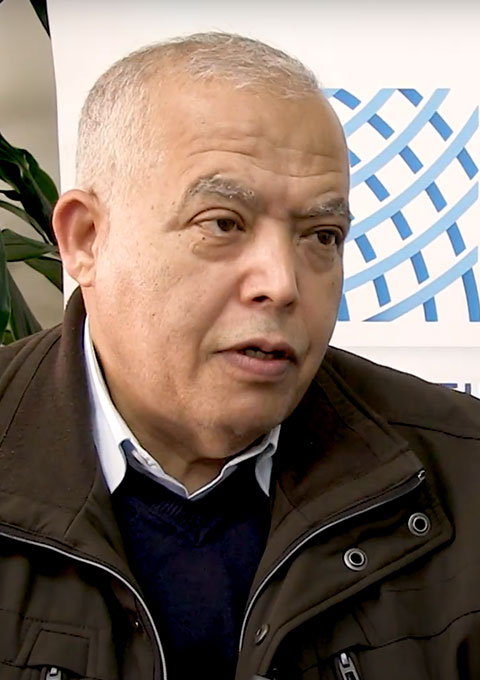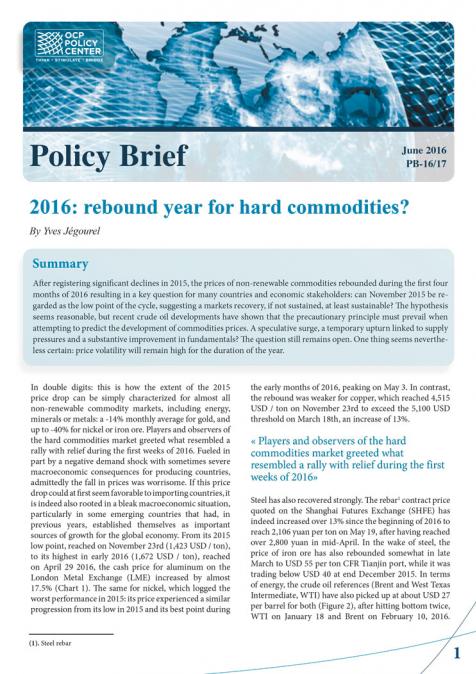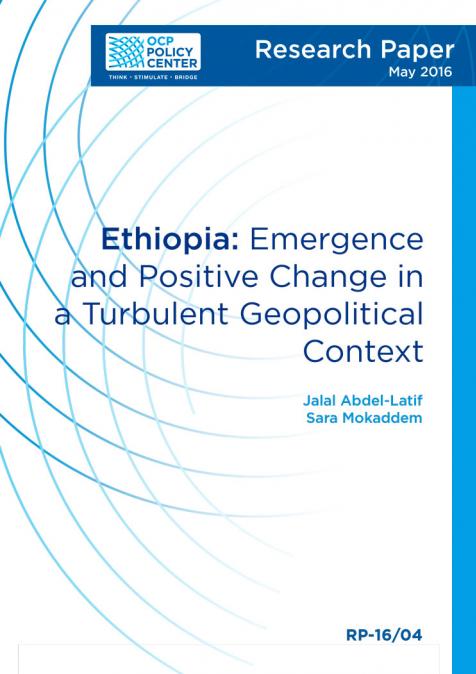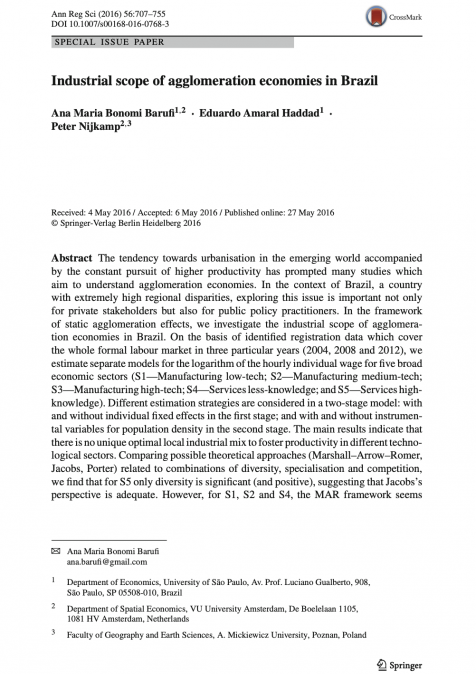Table ronde 3 - Effets des reformes d’inspiration nmp sur les cadres officiels d’administration ...
Table ronde 3 : EFFETS DES REFORMES D’INSPIRATION NMP SUR LES CADRES OFFICIELS D’ADMINISTRATION : LES DIRIGEANTS PUBLICS A L’ÉPREUVE DE L’IMPUTABILITE Président : M. KARIM CHARAF : Enseignant - Chercheur - HDR - Groupe ISCAE et directeur de l’Ecole Doctorale de Gestion, Maroc (à distance) Modérateur/Rapporteur : M. KARIM CHARAF : Enseignant - Chercheur - HDR - Groupe ISCAE et directeur de l’Ecole Doctorale de Gestion, Maroc (à distance) Panélistes : - M. ABDALLAH SAAF : Ancien Ministre, Senior Fellow, PCNS, Maroc (présentiel) - M. MARC LACROIX : Ancien Sous-Ministre du Gouvernement du Québec, Canada (à distance) - M. NABIL LARHMAM: Directeur de la Coopération, Cour des Comptes du Royaume du Maroc (présentiel) - M. JAOUAD BAHAJI : Directeur de l’Office National de Conseil Agricole, Maroc (présentiel)










